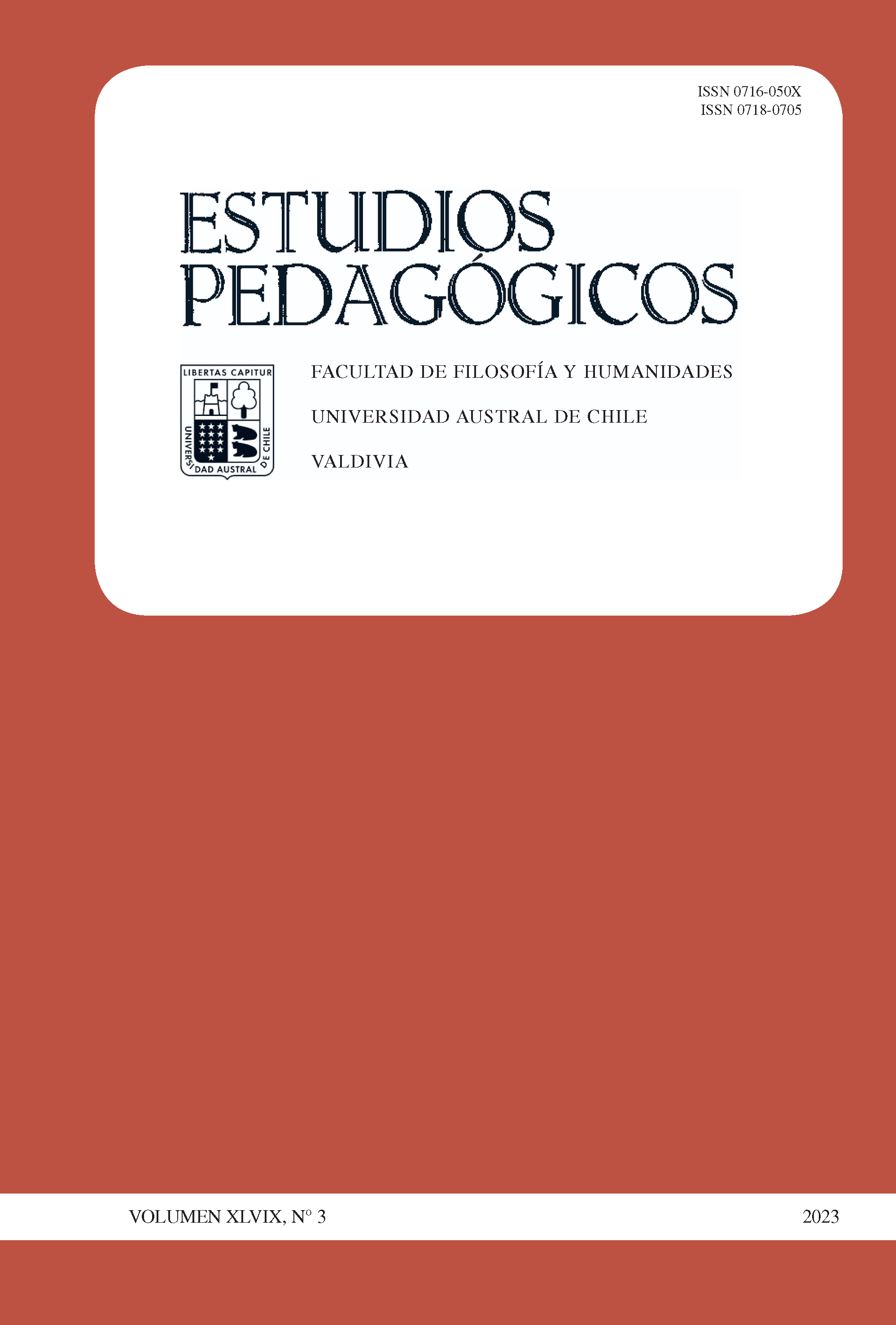Research on the use of manipulative and digital games from the 1st to the 5th grades of Elementary School for the teaching of Probability in Brazil
Main Article Content
Abstract
We sought to systematically analyze the literature in Brazil that used games (manipulated and digital) for teaching Probability in the early years (1st to 5th grade) of Elementary School. Fifteen works were selected and the IRaMuTeQ software was used for the multidimensional analysis through the organization in texts that were prepared considering what was emphasized in the research, the methodological approach, the context in which it was developed, areas involved and the main results and conclusions. The analysis evidenced the importance of using games as a pedagogical tool for teaching and learning probability, due to its playful and challenging character, enabling the teacher to know the student’s profile and to interact with his probabilistic thinking. The research also showed us a gap to be filled in relation to the creation, development and use of digital games for teaching probability in the early years.

